REMARCO “Research Network of Marine-Coastal Stressors in Latin America and the Caribbean” is a voluntary, non-profit, interdisciplinary research network that uses nuclear and isotopic techniques to address environmental problems of the marine-coastal ecosystems of Latin America and the Caribbean. It is based on the integrated work between scientists and communicators from the different countries that comprise it to achieve the effective transfer of scientific research results to decision makers and communities affected by chemical and microplastic pollution, harmful algal blooms and accelerated changes in ocean acidification. In this way, the Network intends to contribute to the definition of public policies towards the integral solution of these problems, and to the fulfillment of the United Nations Sustainable Development Goal 14: Life Underwater (until 2030), among others.
MISSION
Our mission is to generate scientific information on the state of the marine-coastal environment in Latin America and the Caribbean (LAC) through the safe and peaceful use of nuclear and isotopic techniques, as well as to achieve the effective transfer of this scientific information, to contribute to the definition of public policies towards comprehensive and sustainable management of the marine-coastal environment, and compliance with the United Nations Sustainable Development Goals (SDGs) (particularly SDG 14 Life Underwater “Conserve and sustainably use the oceans, seas and marine resources for sustainable development”) and the challenges of the "Decade of the Oceans".
The Network addresses the challenges and vulnerabilities of LAC marine-coastal ecosystems, particularly chemical and microplastic contamination, harmful algal blooms and accelerated changes in ocean acidification, through the work of interdisciplinary teams, made up of scientists, specialists and communicators from the different countries that make it up.
Executive Committee of REMARCO.
OCEAN ACIDIFICATION:

César Bernal

Unidad de Laboratorios de Calidad Ambiental Marina (LABCAM), INVEMAR, Colombia.
Contact info: cesar.bernal@invemar.org.co

Betina J. Lomovasky

Instituto de Investigaciones Marinas y Costeras (IIMyC). CONICET, Universidad de Mar del Plata, Argentina.
Contact info: lomovask@mdp.edu.ar
BLUE CARBON:
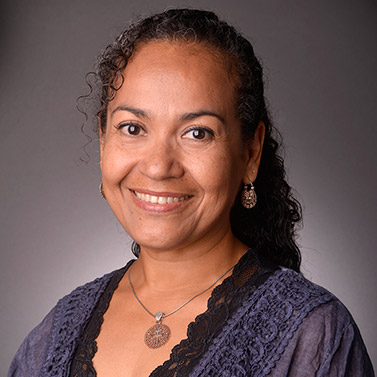
Ana Carolina Ruíz Fernández

Instituto de Ciencias del Mar y Limnología-Universidad Nacional Autónoma de México.
Contact info: caro@ola.icmyl.unam.mx
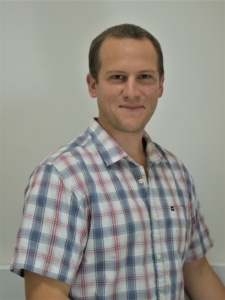
Germán Azcune
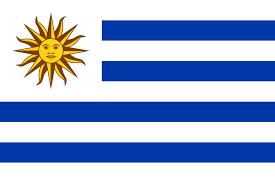
Centro Universitario Regional del Este (CURE) – Universidad de la República, Uruguay.
Contact info: german.azcune@gmail.com
MICROPLASTICS CONTAMINATION:
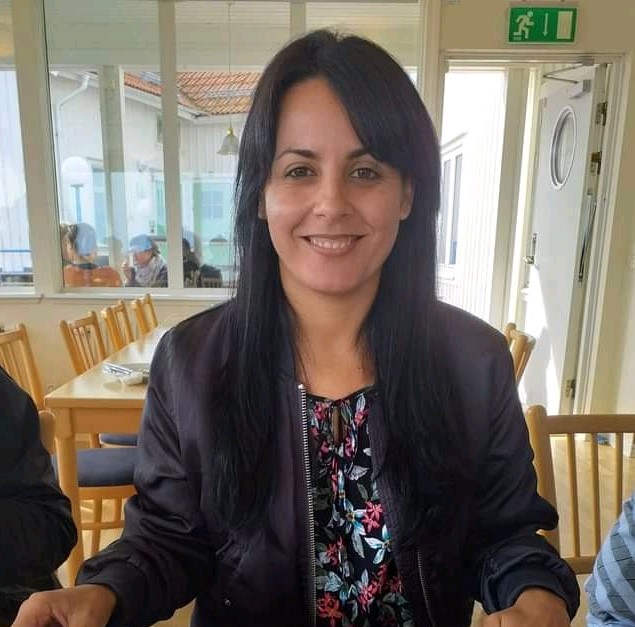
Yusmila Helguera Pedraza

Centro de Estudios Ambientales de Cienfuegos (CEAC), Cuba.
Contact info: yusmilahelguera@ceac.cu
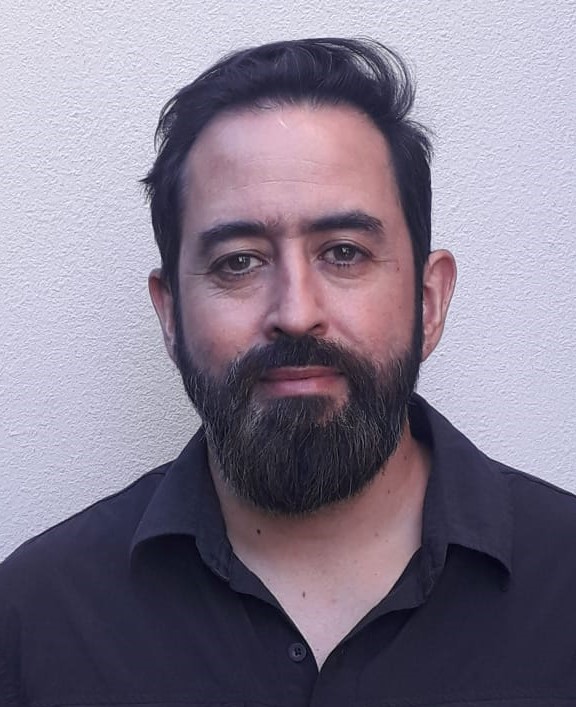
Mauricio Díaz-Jaramillo

Instituto de Investigaciones Marinas y Costeras (IIMyC). CONICET, Universidad de Mar del Plata, Argentina.
Contact info: mdiazjaramillo@conicet.gov.ar
COMMUNICATION:
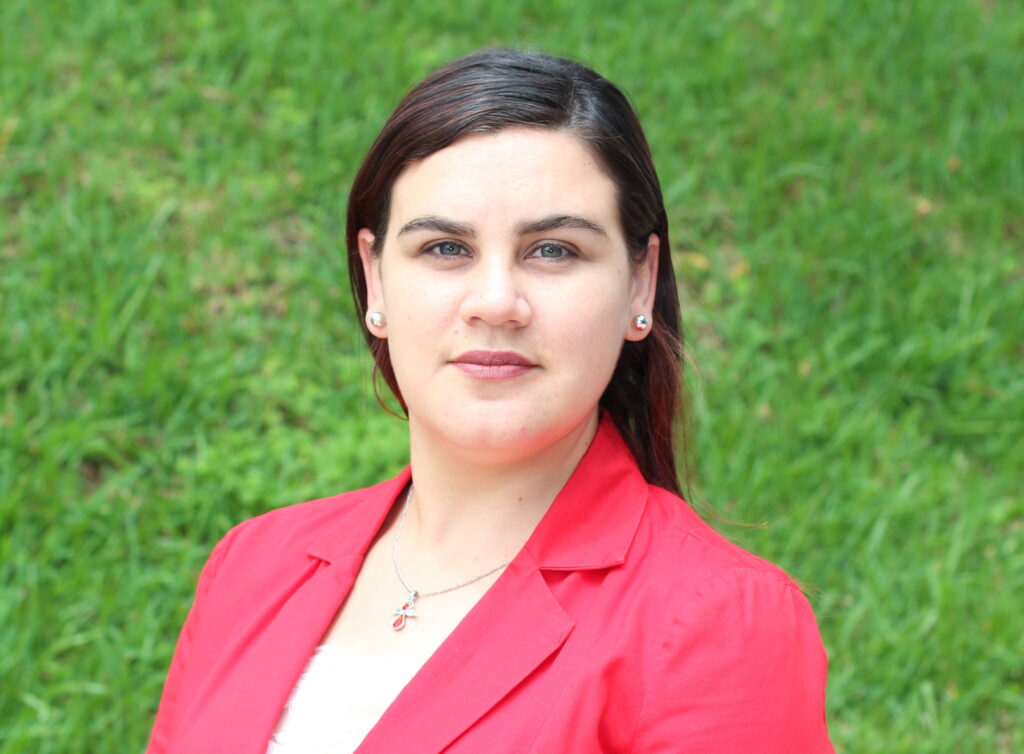
Laura Brenes Alfaro

Centro de Investigación en Contaminación Ambiental (CICA), Universidad de Costa Rica.
Contact info: lauramaria.brenes@ucr.ac.cr

Isabela Katime Arroyave

Instituto de Investigaciones Marinas y Costeras José Benito Vives de Andréis – INVEMAR, Colombia.
Contact info: isabela.katime@invemar.org.co
EUTROPHICATION:
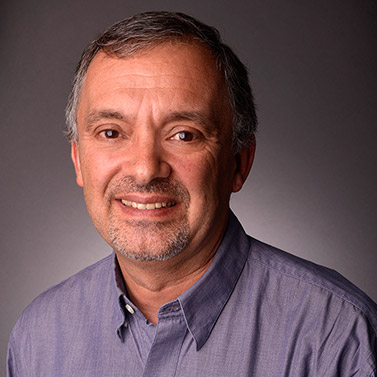
Joan Albert Sánchez Cabezas

Instituto de Ciencias del Mar y Limnología-Universidad Nacional Autónoma de México.
Investigador Titular
Contact info: jasanchez@cmarl.unam.mx
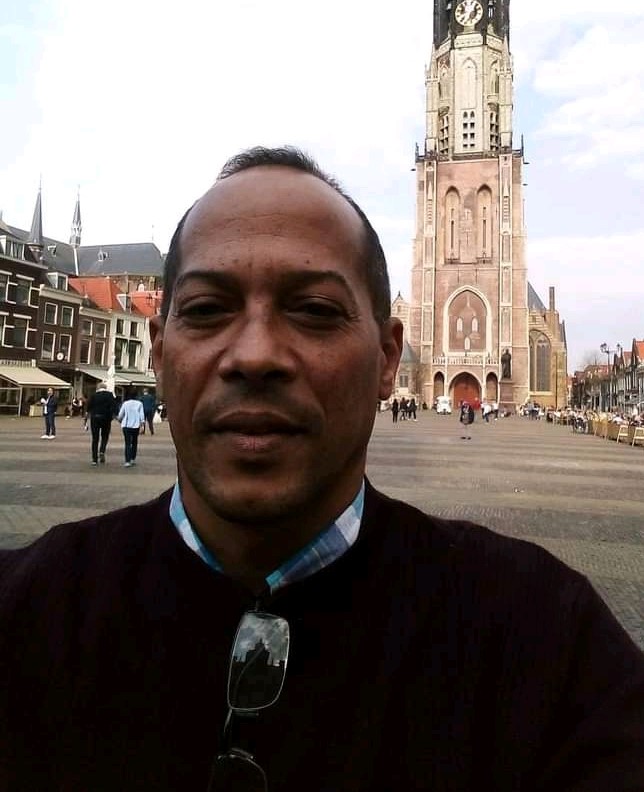
Alain Muñoz Caravaca

Centro de Estudios Ambientales de Cienfuegos (CEAC), Cuba.
Subdirector de ciencia CEAC-Cuba
Contact info: alain@gestion.ceac.cu
HARMFUL ALGAL BLOOMS AND MARINE TOXINS:

João Paulo de Sá Felizardo

Laboratório de Radioecologia e Alterações Ambientais (LARA), Universidade Federal Fluminense, Niterói, Brasil.
Contact info: joaofelizardo@id.uff.br

Ana Martínez Goicoechea

Dirección Nacional de Recursos Acuáticos (DINARA), Ministerio de Ganadería, Agricultura y Pesca (MGAP). Uruguay
Contact info: anamartinez@mgap.gub.uy
REMARCO has been created with the support of IAEA and ARCAL.
International Atomic Energy Agency (IAEA).
The International Atomic Energy Agency (IAEA) is the world’s central intergovernmental forum for scientific and technical co-operation in the nuclear field. It works for the safe, secure and peaceful uses of nuclear science and technology, contributing to international peace and security and the United Nations’ Sustainable Development Goals (SDGs), including SDG 14, Life Below Water.
Regional Cooperation Agreement for the Promotion of Nuclear Science and Technology in Latin America and the Caribbean (ARCAL).
ARCAL is an Agreement between most IAEA Member States in the Latin America and the Caribbean region for technical and economic cooperation to promote the use of nuclear techniques for peace and development.
The Regional Cooperation Agreement for the Promotion of Nuclear Science and Technology in Latin America and the Caribbean (ARCAL) was established in 1984. It provides a framework for Member State collaboration with the support of the IAEA and other international sources of cooperation. The Agreement addresses key development priorities in the region, focusing on pressing needs related to food security, human health, environment, energy, industry and radiological safety.
v
REMARCO Video: «For the oceans, for our future»

In this video we show you the work of our Network 🤝🎥
